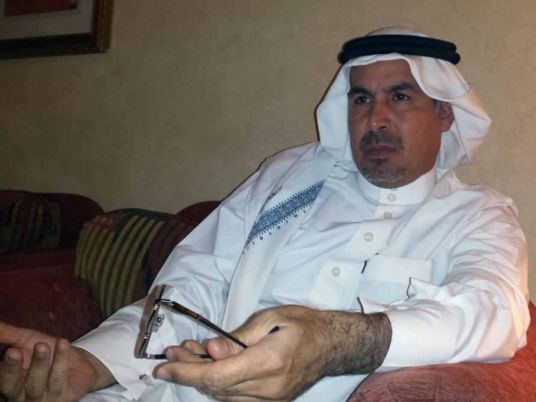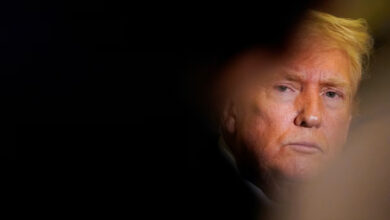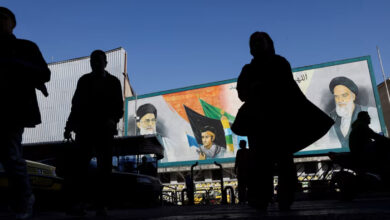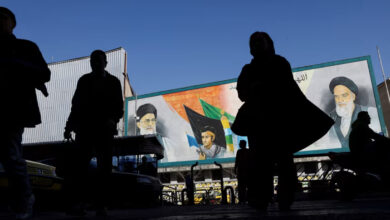
Saudi Arabia will pay "a high price" for executing prominent Shiite cleric Nimr al-Nimr on Saturday, Iran's foreign ministry said.
Ministry spokesman Hossein Jaber Ansari strongly condemned the execution, which came after his Shiite country repeatedly asked its Sunni-ruled rival to pardon the cleric.
"The Saudi government supports terrorist movements and extremists, but confronts domestic critics with oppression and execution… the Saudi government will pay a high price for following these policies," he said, quoted by the official IRNA news agency.
Nimr, 56, was a driving force of the protests that broke out in 2011 in Eastern Province, where the Shiite minority of Saudi Arabia complains of marginalisation. He was among 47 which Saudi authorities said were executed Saturday over terrorism-related charges.
"The execution of a figure like Sheikh al-Nimr, who had no means to follow his political and religious goals but through speaking out, merely shows the extent of irresponsibility and imprudence," said Ansari.
For its part, the Basij student militia connected to Iran's elite Revolutionary Guards called for a demonstration on Sunday afternoon in front of the Saudi embassy in Tehran.
The executed preacher's, however, came out with a quiter reaction.
"This action will spark anger of (Shiite) youths" in Saudi Arabia, Mohammed al-Nimr told AFP, appealing instead for a "peaceful protest movement".
"We reject violence and clashing with authorities, just like the martyr sheikh rejected it."
"We were expecting and hoping for wisdom and a political solution to prevail.
"There were parties inside and outside the kingdom who were seeking" to resolve Nimr's case, he said.
The brother said there was no proof that the cleric or other executed activists were involved in any violence.
He identified three of these activists as Ali Saeed al-Ribh, Mohammed Abdulkarim Sumail and Mohammed al-Shuyookh.
They were also on an interior ministry list that excluded the name of Mohammed al-Nimr's own son, Ali, who was 17 when he was arrested following the protests and also faces a death sentence.
The situation of Ali "is very dangerous. The sword is at his neck unless he is returned back to his family," said Nimr.
The executions send a "strong and negative message," he said.
"There will be negative reactions from within the kingdom and abroad. But we hope for peaceful reactions."




